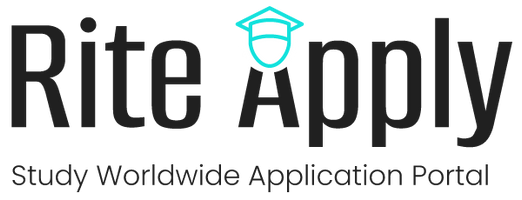
Master of Science - Data Science (Thesis) at Thompson Rivers University, Tuition Fee:$22,982.00 CAD / Year (Scholarship Available)
*Program Supervisor Required*
Applicants are required to get in contact with a program supervisor at the school during the admission process. For more information please refer to the following links: here and here.
Program Description
The amount of data in our world has exploded. And with it, so has demand for trained scientists and analysts able to make data-driven decisions.
Data scientists use mathematical, computational, statistical and algorithmic techniques to solve analytically complex data problems. In our Master of Science in Data Science (MScDS), you will engage in research and hands-on applications of data science in the classroom and through industrial projects, using cutting-edge techniques and algorithms. You will work on models of practical, existing problems to prepare you for situations you may encounter on the job and in the world.
The potential of big data comes with challenges and opportunities, as described by Canada's Big Data Consortium in the report Closing Canada's Big Data Talent Gap:
Bold promises have been made for Big Data and Analytics (i.e., data science): exceptional customer insights; better decision-making; improved productivity and performance; and product and service innovation. But the promise of Big Data and Analytics faces a key constraint: a talent gap that is felt across all of Canada’s regions, sectors, and industries.
Upon completion of the program you will be able to:
- Use data investigation tools, including data cleaning, sampling, management and exploratory analysis.
- Use data exploratory methods to visualize high-dimensional data to identify trends and patterns in data sets.
- Implement foundational concepts of data computation: data structure, algorithms, simulation, and analysis.
- Integrate the techniques from mathematical modelling, optimization, machine learning, data mining and applied statistics to model big data sets to a workable frame for further data investigation.
- Apply advanced data analytical methods and algorithms to large data sets to extract meaningful insights.
- Design an analytic strategy to model a potential issue and find a knowledgebased solution for real-world challenges using public and private data sources.
- Communicate results of data analysis effectively (visually and verbally) to a broad audience.
